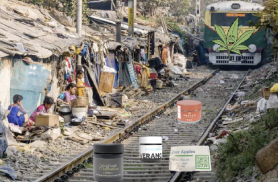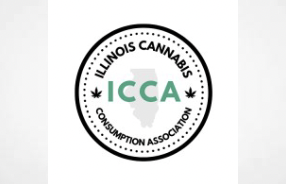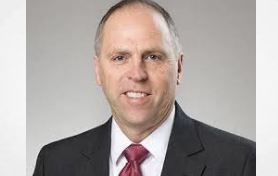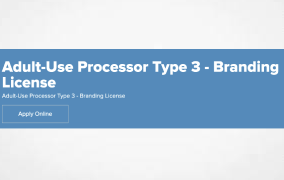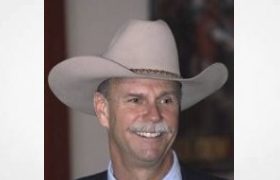A friend sent me an article this morning from Marijuana Moment that discusses a May 13, 2024 letter to my friend and colleague, attorney Shane Pennington, regarding the legal status of THCa. Apparently, Shane reached out to the DEA inquiring about the status of THCa. In its response, by Dr. Terrence Boos, the DEA’s Chief of its Drug and Chemical Evaluation Section, states:
“In regards to THCA, Congress has directed that, when determining whether a substance constitutes hemp, the delta-9 THC concentration is to be tested “using post-decarboxylation or other similarly reliable methods.” 7 USC § 1639p(a)(2)(A)(ii); 7 USC § 1639q(a)(2)(B). The “decarboxylation” process converts delta-9 THCA to delta 9 THC. Thus, for the purposes of enforcing the hemp definition, the delta-9 THC level must account for any delta-9-THCA in a substance. Accordingly, cannabis derived THCA does not meet the definition of hemp under the CSA because upon conversion for identification purposes as required by Congress, it is equivalent to delta-9 THC.“
This is almost verbatim what Dr. Boos said in a June 9, 2023 letter about THCa that I blogged about almost a year ago. You can read that letter and my response here. In short, the DEA is correct with respect to pre-harvest hemp testing, which requires a post-decarboxylation (ie, total THC) test, but the DEA is incorrect with respect to harvested cannabis material. This is because the two statutes it cites in support of its position are the only two places in the Farm Bill that discuss “post-decarboxylation”. They are both in the context of hemp “production”, which is defined as cultivating hemp. Once the mandatory pre-harvest testing is completed, a hemp crop may be harvested if it passed the test. Thereafter, the statute solely refers to “delta-9 THC”, not “THC” or “post-decarboxylated delta-9 THC” or anything else. The statute just says “delta-9 THC”. In fact, the DEA has said as much on many prior occasions. (See, eg, here.) To be clear, this is a brief summary since I’ve already addressed this issue in depth. I encourage you to read my article from last summer for the more in-depth analysis.
In addition to what I discussed in last year’s blog article, the legal definition of “hemp” includes its “acids”. All cannabinoids in their acidic forms contain a carboxylic acid group that degrades (ie, converts) to a different compound when subjected to a “post decarboxylation” testing method. In other words, using a post-decarboxylation method to test harvested hemp degrades the pertinent acids in the hemp plant, rendering the term “acid” superfluous. It is elementary that a statute should be construed so that effect is given to all its provisions, so that no part will be inoperative or superfluous, void or insignificant. For this reason any interpretation of the 2018 Farm Bill that would require a post-decarboxylation test for harvested hemp renders the term “acid” superfluous and is thus contrary to the plain language of the statute.
Given that this has been the DEA’s stated position for almost a year and that I rebutted it last Summer, it is difficult to understand why the issue is circling back around again today, like some sort of deja-vu. My best guess is that this is because THCa hemp is dominating the cannabis industry- both the “hemp” and “marijuana” sectors.
Click here to read the DEA’s most recent letter.
I don’t expect that the THCa issue will die down anytime soon. In the meantime, my primary goal is to reduce the misunderstandings about it. We spend a considerable amount of time these days advising clients about THCa and engaging with regulators to educate them. I remember the days when CBD was treated the same way. Although it seems like another era altogether, it was less than 10 years ago that the DEA and many regulatory agencies thought that hemp-derived CBD was an illegal controlled substance. Hopefully, broad positive changes in the understanding of THCa’s legal status will eventually be the case as it was with CBD.
May 27, 2024

(PHOTO BY BEN WRIGHT)
Rod Kight is an international cannabis lawyer. He represents businesses throughout the cannabis industry. Additionally, Rod speaks at cannabis conferences, drafts and presents legislation to foreign governments, is regularly quoted on cannabis matters in the media, and is the editor of the Kight on Cannabis legal blog, which discusses legal issues affecting the cannabis industry. You can contact him by clicking here.

